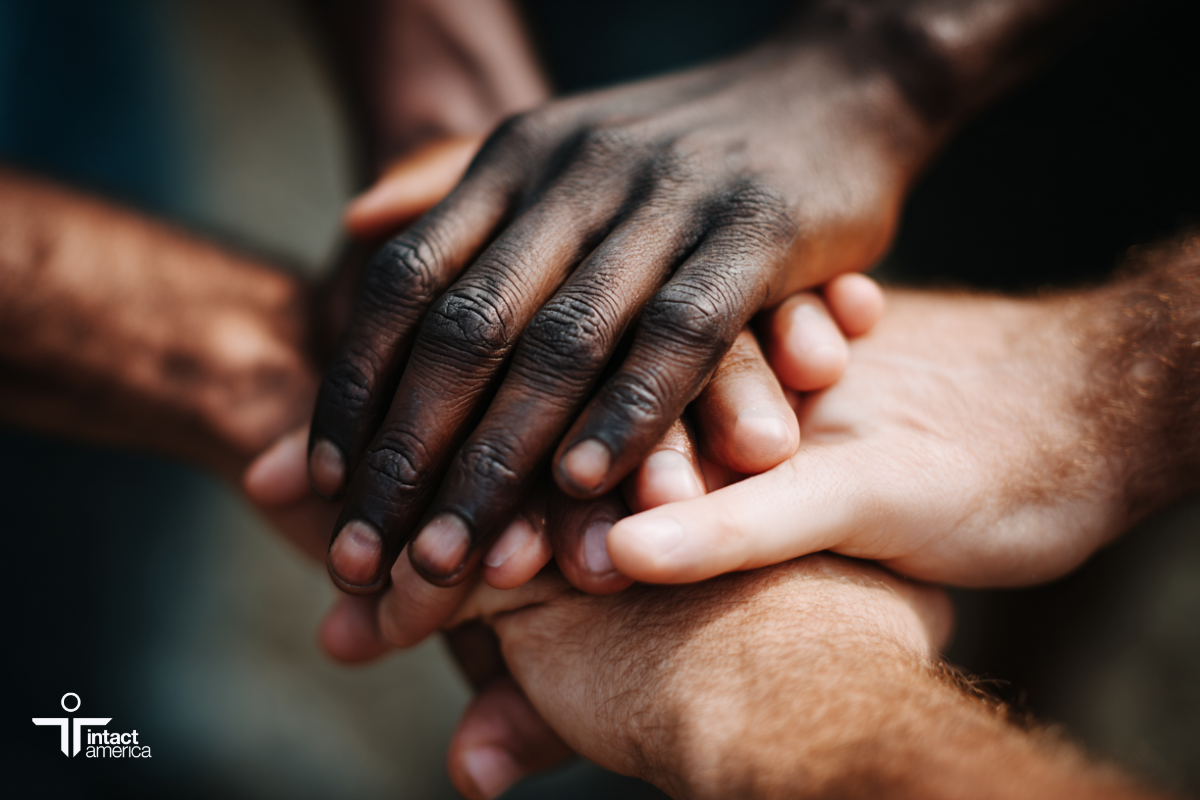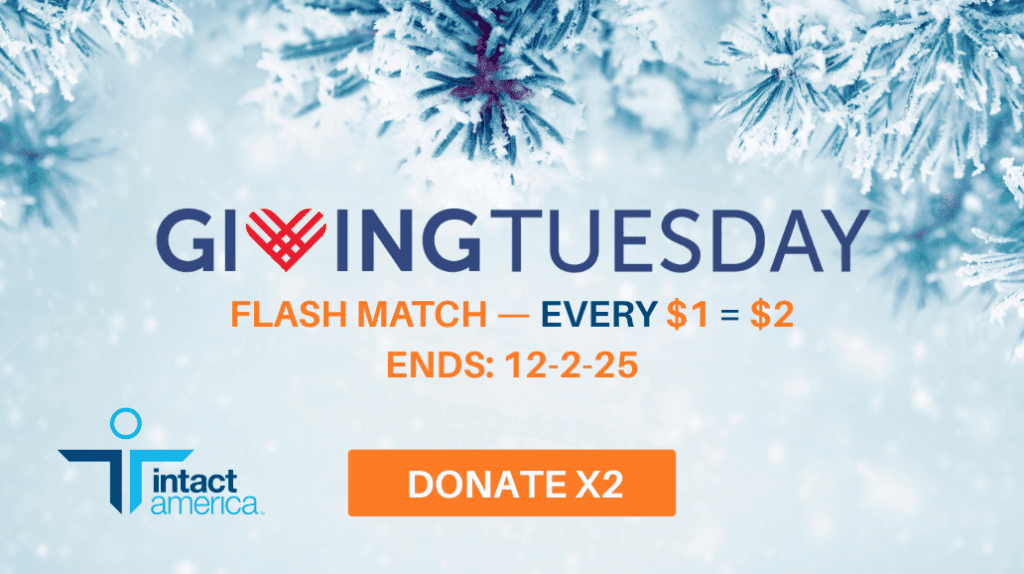When I was born in the early 1990s, my mother chose not to have me circumcised. She did the same for my older brother. She’s a nurse, and she knew it wasn’t medically beneficial the way everyone makes it out to be. But we were unusual for American boys. And even though she had insisted on it at our births, we just didn’t talk about it. We weren’t super-open about discussing these things. (Our father, who had wanted us to be circumcised to “look like him,” was no longer around when we were growing up.)
By the time I got to middle school, an age when kids become more sexually aware, it dawned on me that having a foreskin was unusual. I overheard other kids talking about how gross they thought an uncircumcised penis was. It especially affected me when a girl said it.
When you’re a young boy coming of age, you’re trying to figure out a lot of things. In sex-ed, circumcision wasn’t talked about too much. Everyone assumed it was the norm, but the pictures didn’t look like my penis, and I wasn’t going to raise my hand as a 12-year-old.
It eventually got so I couldn’t change in the locker room because I didn’t want people to see. I was so insecure and shy about being different from everyone that when I was 17, I spoke to my doctor about being circumcised. She was a really down-to-earth doctor, and she told me it was unnecessary to do so. She said, “You’re very used to having a foreskin, and it could be something you’ll regret.” Still, she said if it was my wish, she would put me in touch with somebody. I got nervous and decided not to do it.
In truth, a part of me truly liked being uncircumcised, but I was embarrassed to admit it. It took me a long time to come to terms with it. The turning point came when I was 25 and living with a roommate, a woman from Canada who had been in the U.S. for a little while. She glimpsed my penis accidentally one day. We had a comfortable rapport, and some time later we were talking when the conversation turned to circumcision. She said the procedure is rarely performed in Canada and that she had never seen a circumcised penis. This opened my eyes. That’s when I put it all together. I felt validated, realizing this is not as uncommon or weird as I once thought it was. To hear a woman my age in my friend group say she thinks it’s wrong and can’t fathom why anyone would do that to a child set me on a more confident path. After our conversation, I went online to learn more about how it’s viewed around the world.
That’s where I started my journey to understand the issue from a global perspective, and today I’m 100 percent glad I’m intact. Over time, I realized that I honestly like the look of it. My penis is not mutilated or scarred. I think it’s aesthetically pleasing. I hope anyone who feels alone and weird like I did as a kid knows that they’re absolutely not alone. In fact, outside of the U.S. and a few other places, most of the men in the world are just like you—intact
— Luke Davis
Interested in lending your voice? Send us an email, giving us a brief summary of what you would like to write about, and we will get back to you.






No Comments